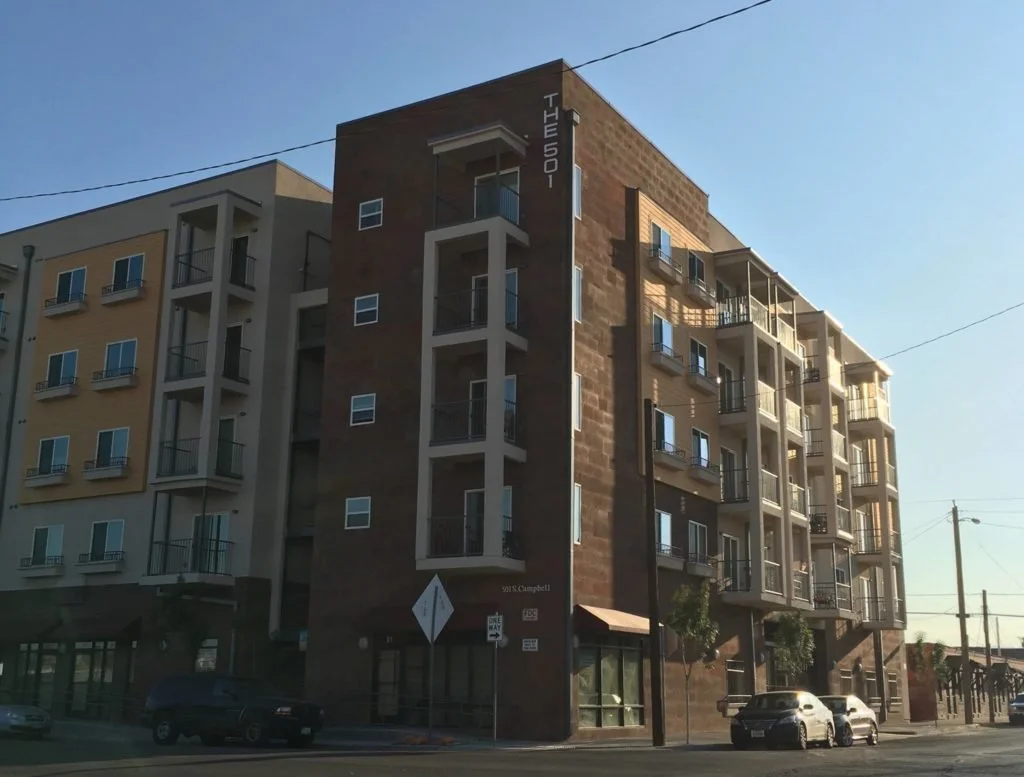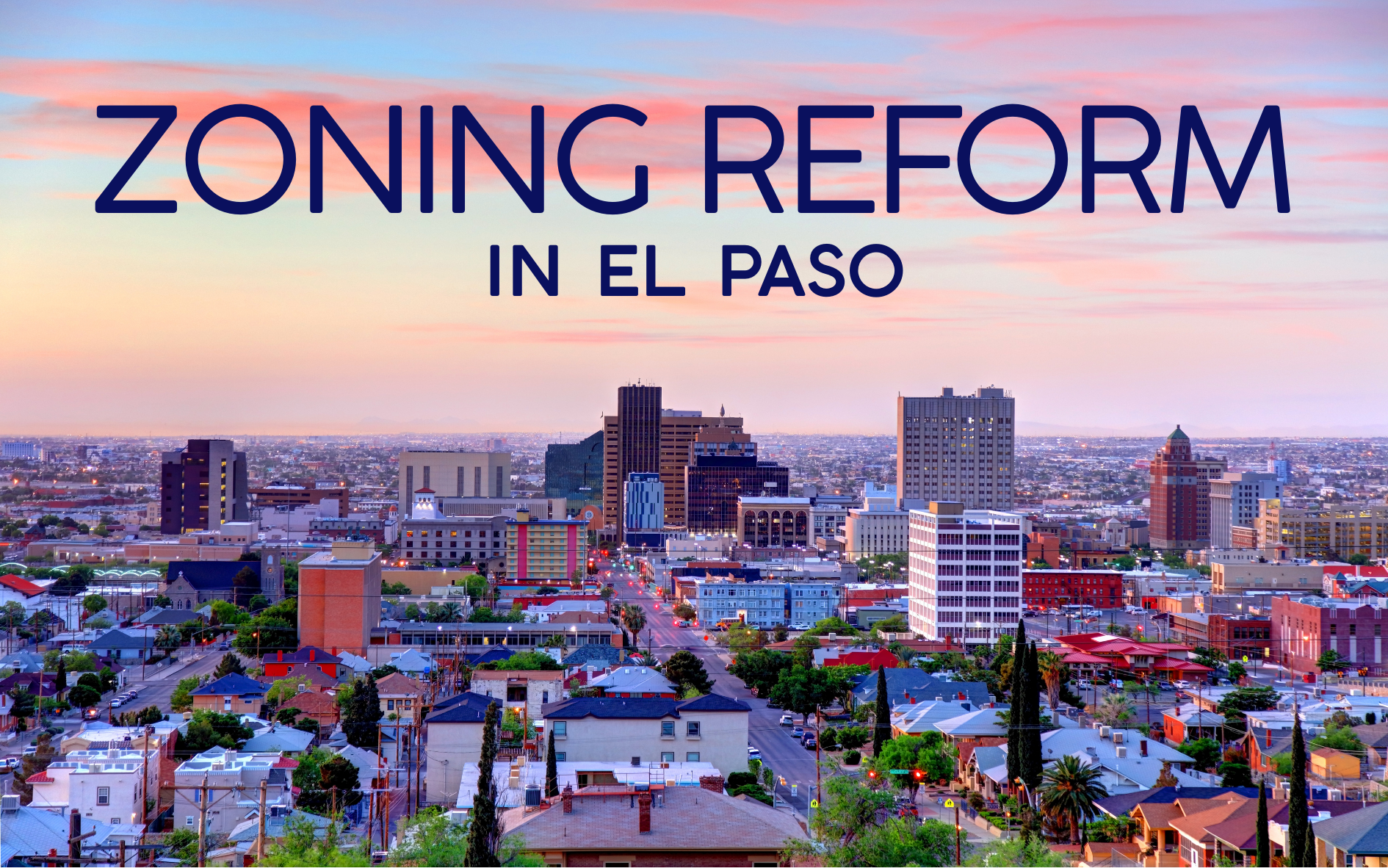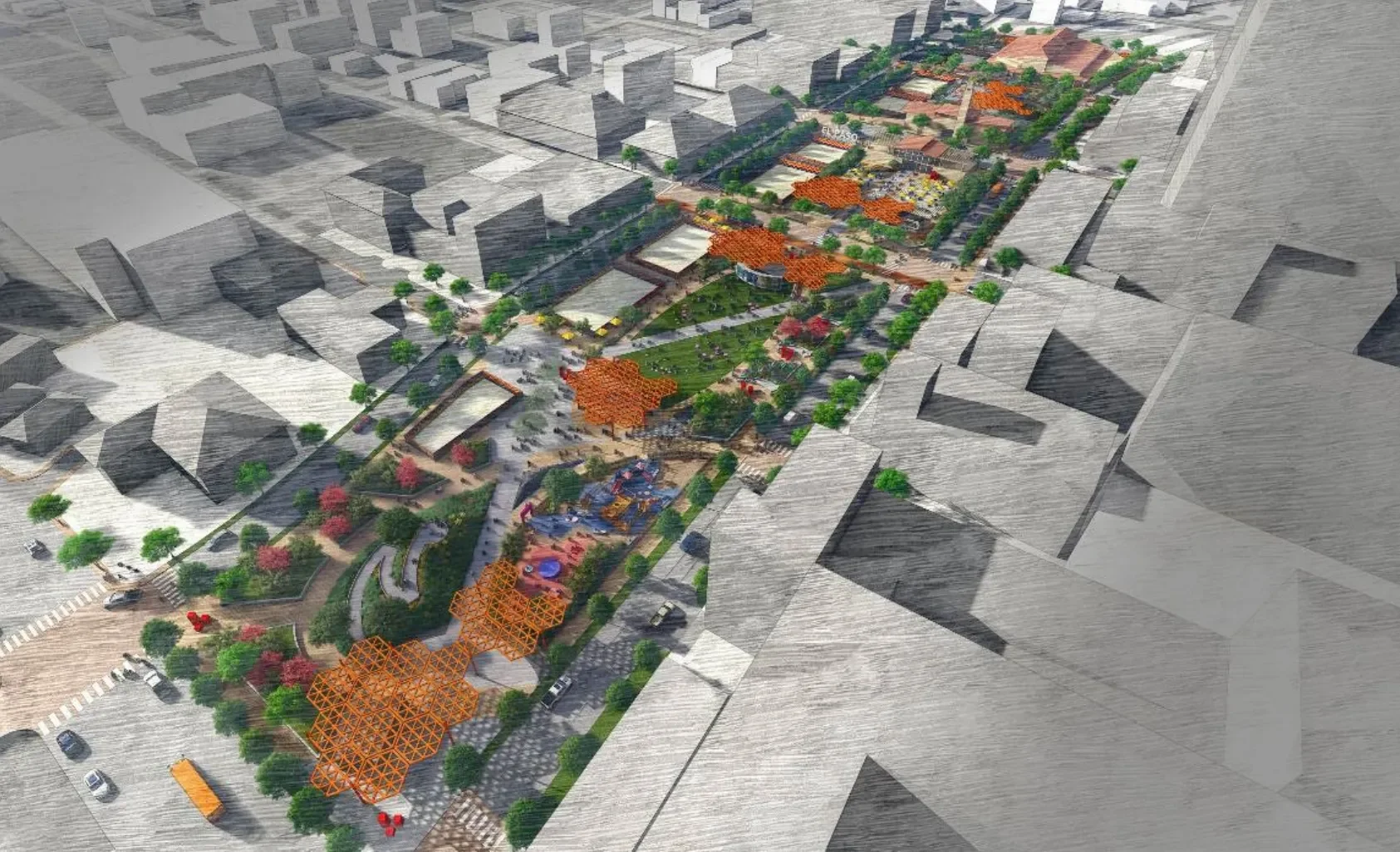
A transportation user fee might sound scary, but it could save El Pasoans millions in the long run – and finally fix our streets
On Monday, November 17, 2025, the El Paso City Council will discuss a Transportation User Fee to provide dedicated funding to street maintenance. While a new fee may sound like a bad thing, it could save taxpayers millions in the long run and finally deliver on past promises to improve the condition of our streets.

Why El Paso Needs a Strategy to Preserve Housing Affordability, Prevent Displacement
In the Regular City Council meeting on September 3, 2025, my proposal for the development of a comprehensive anti-displacement policy framework was approved unanimously, though after much debate. The following represents the basis of my comments in support of the proposal made before the vote.

El Paso must reform zoning to tackle housing crisis and urban sprawl
Outdated parking mandates and limits on housing are driving up costs and holding El Paso back. We can either modernize the zoning code or watch affordability slip away.

Opinion: The Downtown deck plaza is an idea for a time of plenty. I’m not sure now is that time.
“Even if the total cost is ultimately shared across the local government entities, an investment of this magnitude would come at the expense of pressing needs that residents see and feel every day. Hope is not a funding strategy…”
